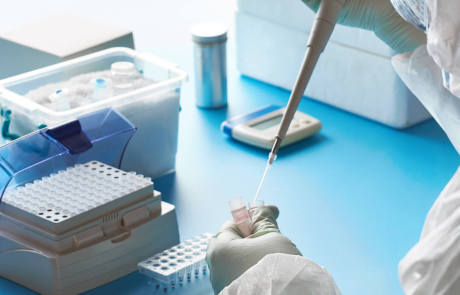
Targeting the Genetic Roots of Autoimmunity
Every human has almost exactly the same DNA. But about 0.1 percent of human DNA is variable. This tiny percentage drives a surprising number of unique qualities in humans, from hair and eye color to our metabolism and immune responses.
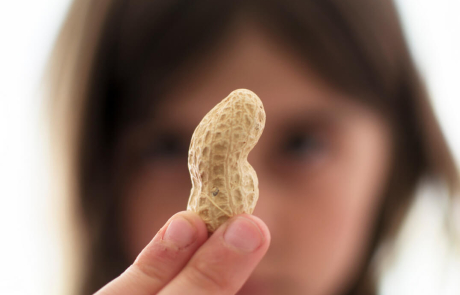
Persevering Through Peanut Allergies
The Arnolds had learned that Maggie had severe allergies to peanuts and other foods when she was just three. Now, Maggie is 16 and is always finding new ways to live well with her allergies.
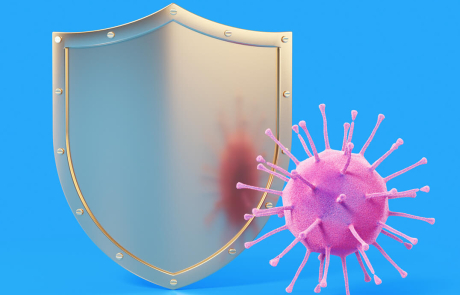
Armoring Cells Against COVID-19
For months, people have been asking the same questions about COVID-19: How can we contain the virus but live something like a normal life?
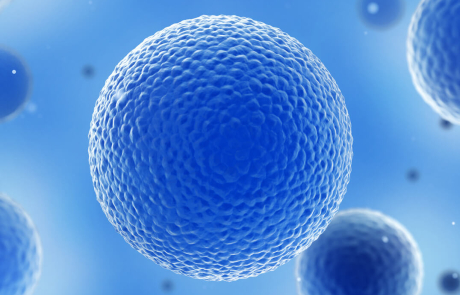
Fine-Tuning Immune Cells to Stop Disease
To understand what causes type 1 diabetes (T1D), imagine a spy novel. It starts with a hero, the T-cell, that roams your body like James Bond. The T-cell hunts down enemies — bacteria and viruses — and snuffs them out. Then something goes terribly wrong: The hero becomes a villain.
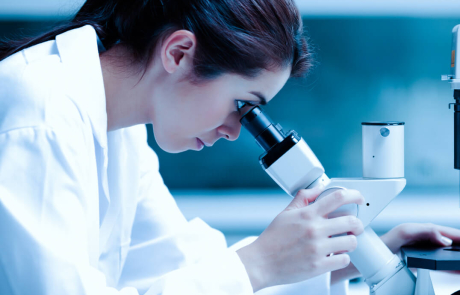
Taking on Multiple Sclerosis
Dr. Bettelli’s team develops sophisticated MS models to investigate its mysteries and pursue innovative therapies. We recently asked her for an update on BRI’s MS progress.

Autoimmune Disease and Sun Exposure: What to Know
From backyard gardening to adventurous hikes, summer offers plenty of opportunities to enjoy the sun — especially during the COVID-19 pandemic, when experts recommend gathering outdoors instead of indoors to reduce the spread of the virus.
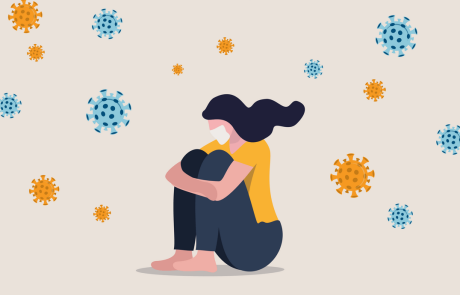
When the Phase is Right: An Infectious Disease Expert Weighs How to “Un-Quarantine”
Washington and many other states are taking a phased approach, allowing certain businesses to open with extra precautions and at limited capacity.
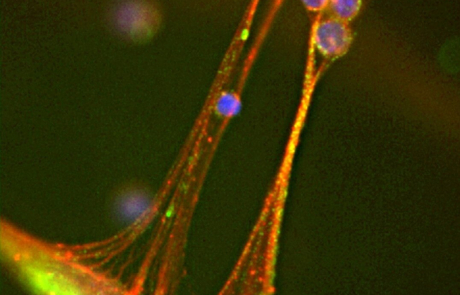
New PI Explores How COVID-19 Affects Lungs
BRI’s newest principal investigator, Carmen Mikacenic, MD, is used to working with dangerous pathogens. Still, when she started studying aspects of COVID-19, she took extra precautions.
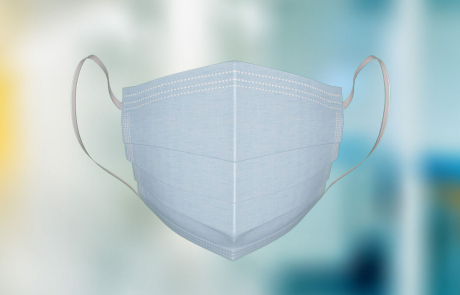
Living with Autoimmune Disease During the Pandemic: 5 People Share Stories and Tips
We asked members of our community to share how they’ve adapted to life during the pandemic, and to offer advice on how to stay healthy, positive and resilient. Here’s what they had to say.
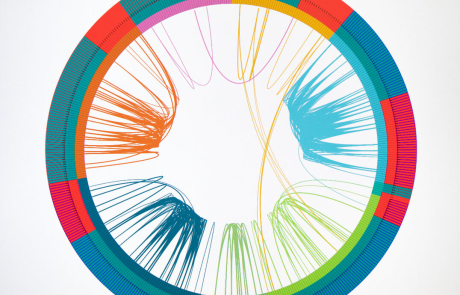
A Revolutionary Way to Study the Immune System
One goal is to find markers that identify why some people with the virus don’t have symptoms while others get fatally ill. The sickest patients tend to have multiple health issues, which makes it hard to pinpoint the factors related to COVID-19.


